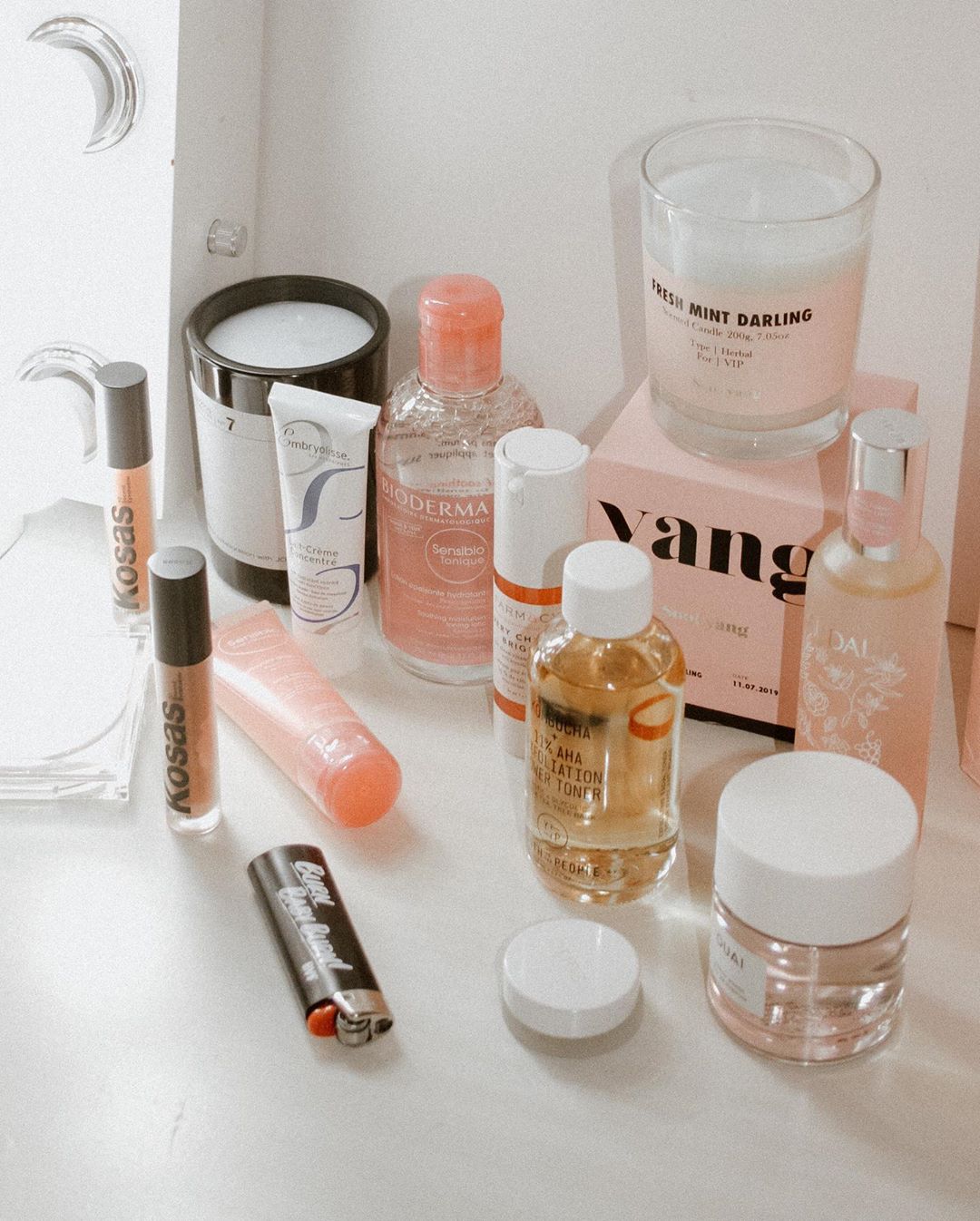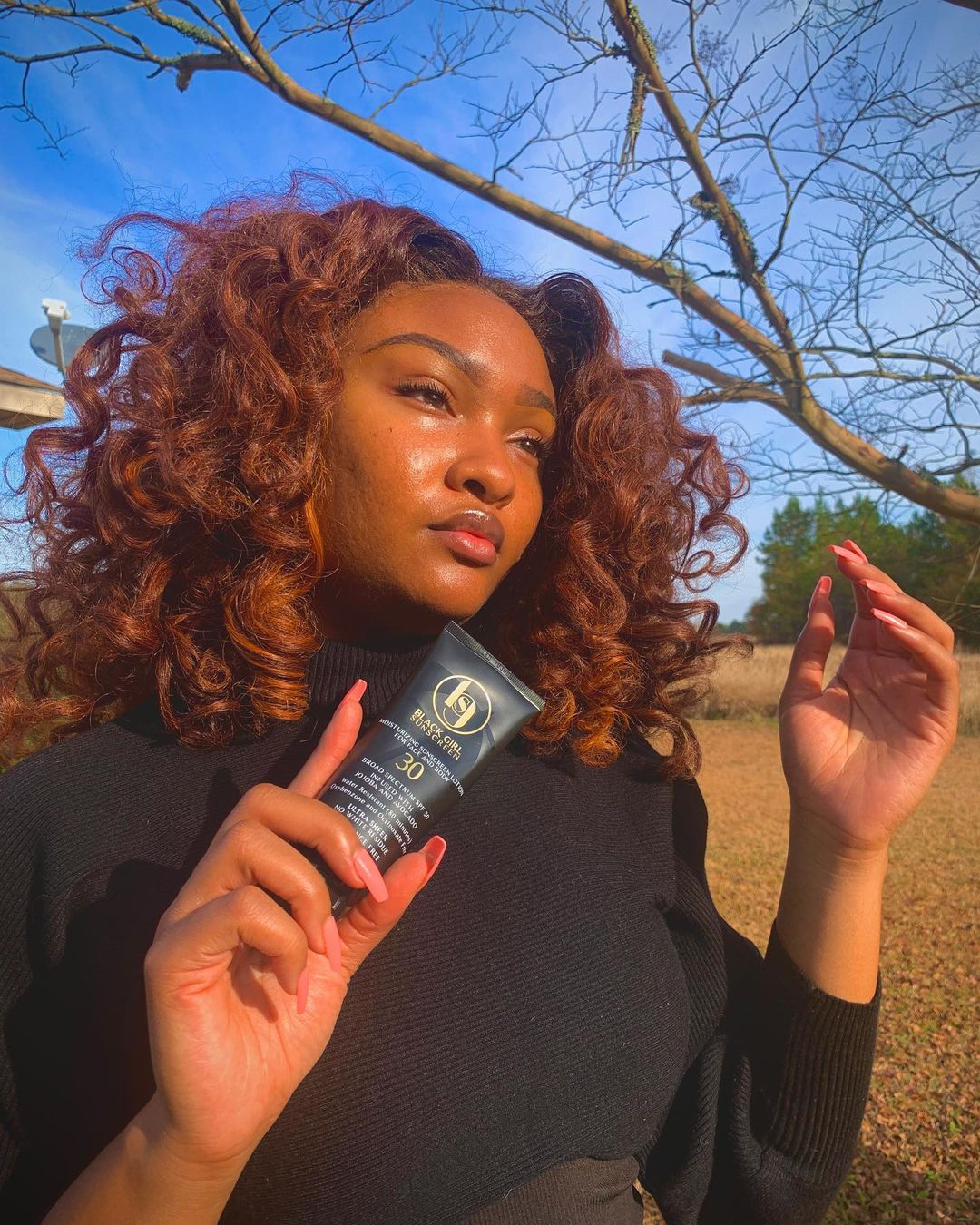Did you know that it’s possible for you to become immune to skincare products? Yup! It’s all in the ingredients, and actually more common than you think.
Picture this.
You just got a holy-grail bottle of serum, and with its vibrant reviews, you hope it’ll help nick the blackheads and give you that Fenty Beauty-level glow.
You love the first application, and with time, you think you found your magical elixir – it smooths your finicky skin and bestows on you a head-turning complexion.
Obsessed, you vow to use the serum religiously, but as the calendar pages flip, you discover that your skin is back to its old self – bumpy, greasy, and spotty.
Did you wake up in an alternate universe, or has this serum suddenly decided it’s no longer going to do the hard work for you?
According to experts, you can, in fact, become immune to your skincare.
Some ingredients in your skincare products can become less effective over time through tachyphylaxis (a medical term describing a sudden decrease in response to medication).
When this occurs, your body alters the signaling pathways on a molecular level, so the ingredient is no longer helpful.
But don’t go tossing your entire skincare arsenal just yet!
Tachyphylaxis is not popular with general skincare and only occurs with prescribed ingredients used to manage conditions such as psoriasis and eczema.
If you suspect this is the case, dermatologists recommend simultaneously using benzoyl peroxide in your routine to help prevent bacterial resistance.
If you’re, however, referring to general skincare products like hyaluronic acid, retinol, and vitamin C, there is a multitude of reasons that could explain why you’d become immune to a product or experience them as less effective. Read on to find out more.
Reasons Your Products Might Have Stopped Working

You get the best response to an ingredient immediately upon the first use. If it stops working overtime, though, that might be due to:
Mixing Ingredients That Don’t Work Well Together
If you’re a serial skincare switcher-upper, you might be mixing ingredients that don’t layer seamlessly.
For instance, combining salicylic acid and vitamin C can dry the skin, while benzoyl peroxide oxidizes vitamin C, meaning they shouldn’t be used together.
Retinoids and vitamin C are better used at different times of the day – retinoids in the AM and vitamin C in your nighttime routine.
You can learn how to layer serums seamlessly by checking out this guide.
Environmental Issues
As seasons come and go, your skin becomes dry, and it becomes more difficult for your serums and moisturizers to navigate through the dead skin.
Alterations in your external environment like increased exposure to cigarette smoke or the sun can also enhance free radical damage to the skin.
This makes your ingredients work twice as hard, making it appear like there’s little to no response.
And some ingredients like retinol are unique cases.
We assume that retinoids become less effective over time, but according to experts, your skin just becomes more tolerant – think no peeling or redness.
The ingredient is still working; you’re just not experiencing the expected adverse effects.
When Should You Switch Up Your Routine?

While ingredients don’t really change, your skin does – so listen to it!
The best course of action is to switch up your routine as seasons change.
That includes swapping from light serums to thicker and rich moisturizers during fall and cream-based cleansers to gel-based options during summer (check out more about this here).
That being said, though, as you add in new ingredients, you should ensure you’re aware of lousy ingredient combinations.
It’s crucial to separate powerhouse ingredients by an a.m versus p.m application.
That way, you can reap the benefits of potent ingredients without worrying about them canceling each other out.
How to Ensure Your Products Become More Effective for Longer

Being “immune” to ingredients in your products doesn’t have to have. In fact, there’s a simple solution to it all. All you need to do is:
• Exfoliate once or twice weekly to get rid of the layers of dead skin and allow ingredients to penetrate deeper
• Remove makeup and cleanse thoroughly before applying any skincare ingredients
• Never skip your broad-spectrum sunscreen of SPF 30 or higher
• Always store your skincare essentials in a cool, dry place and close them immediately after use
More importantly, don’t play a beauty bartender – ensure you check with your dermatologist if you have any questions regarding your skincare products.
They’re better suited to streamline your skincare routine through a personalized approach that best matches your needs.







